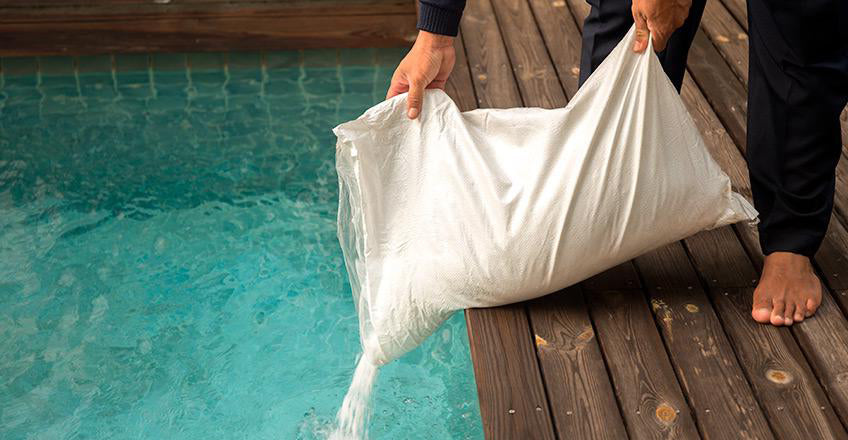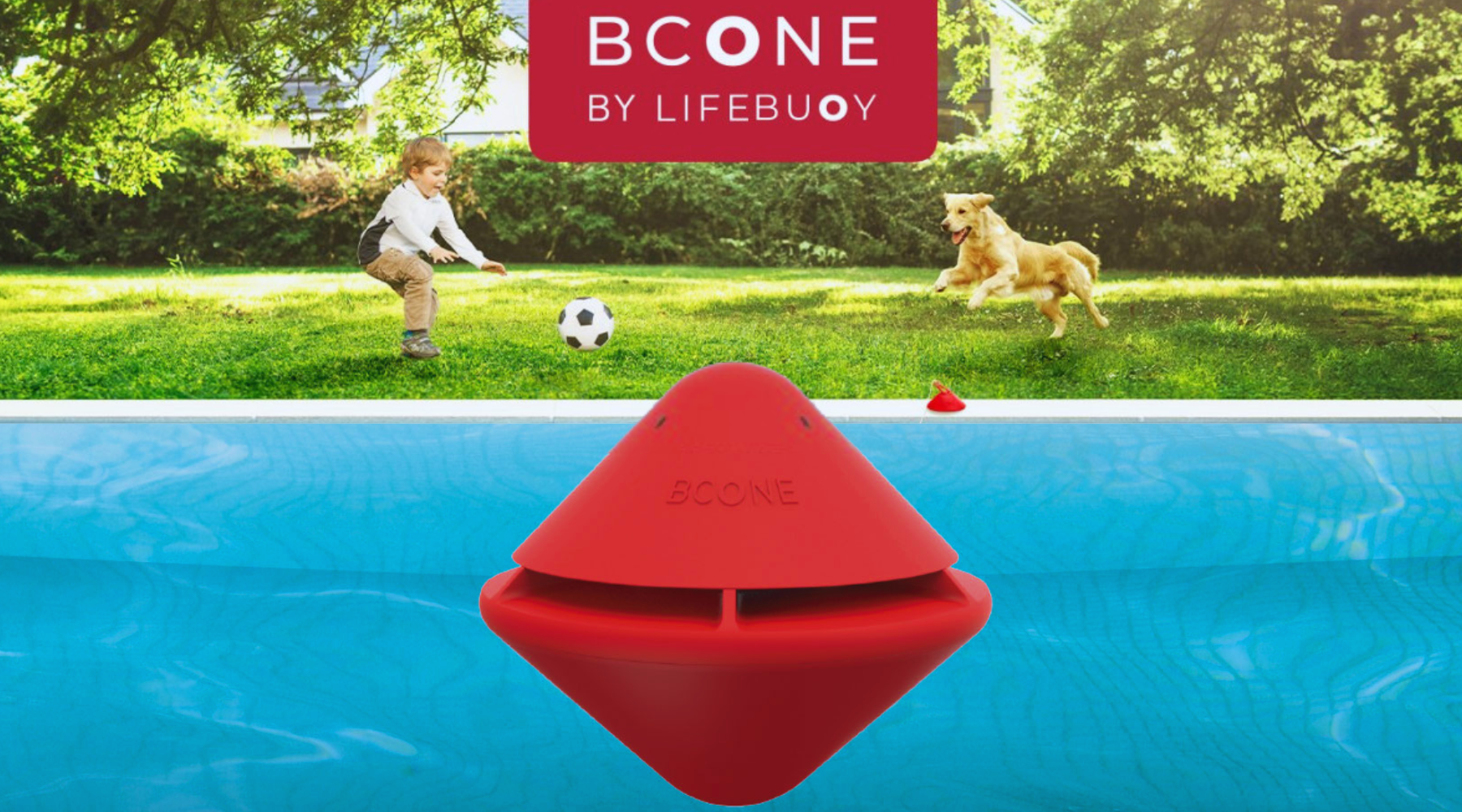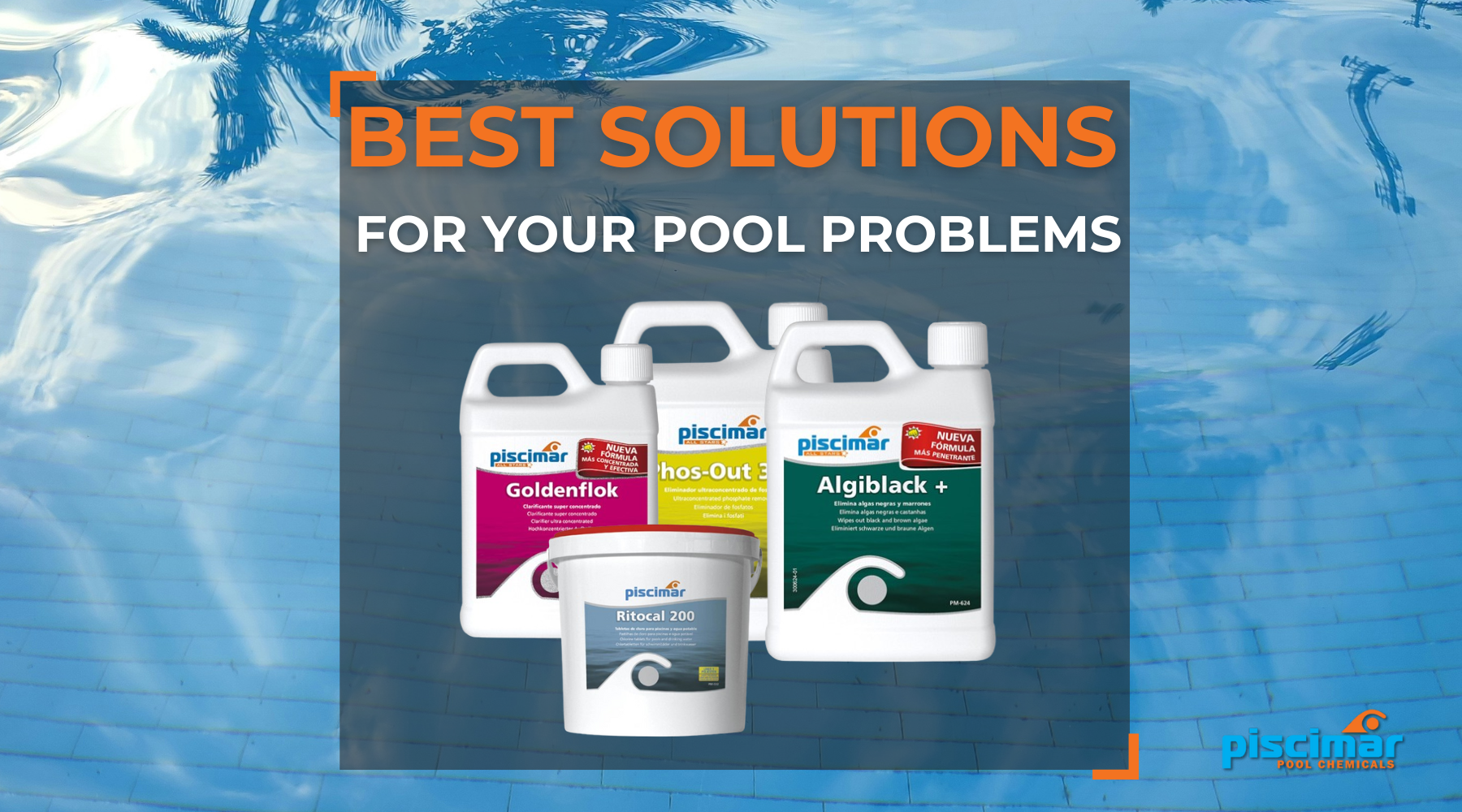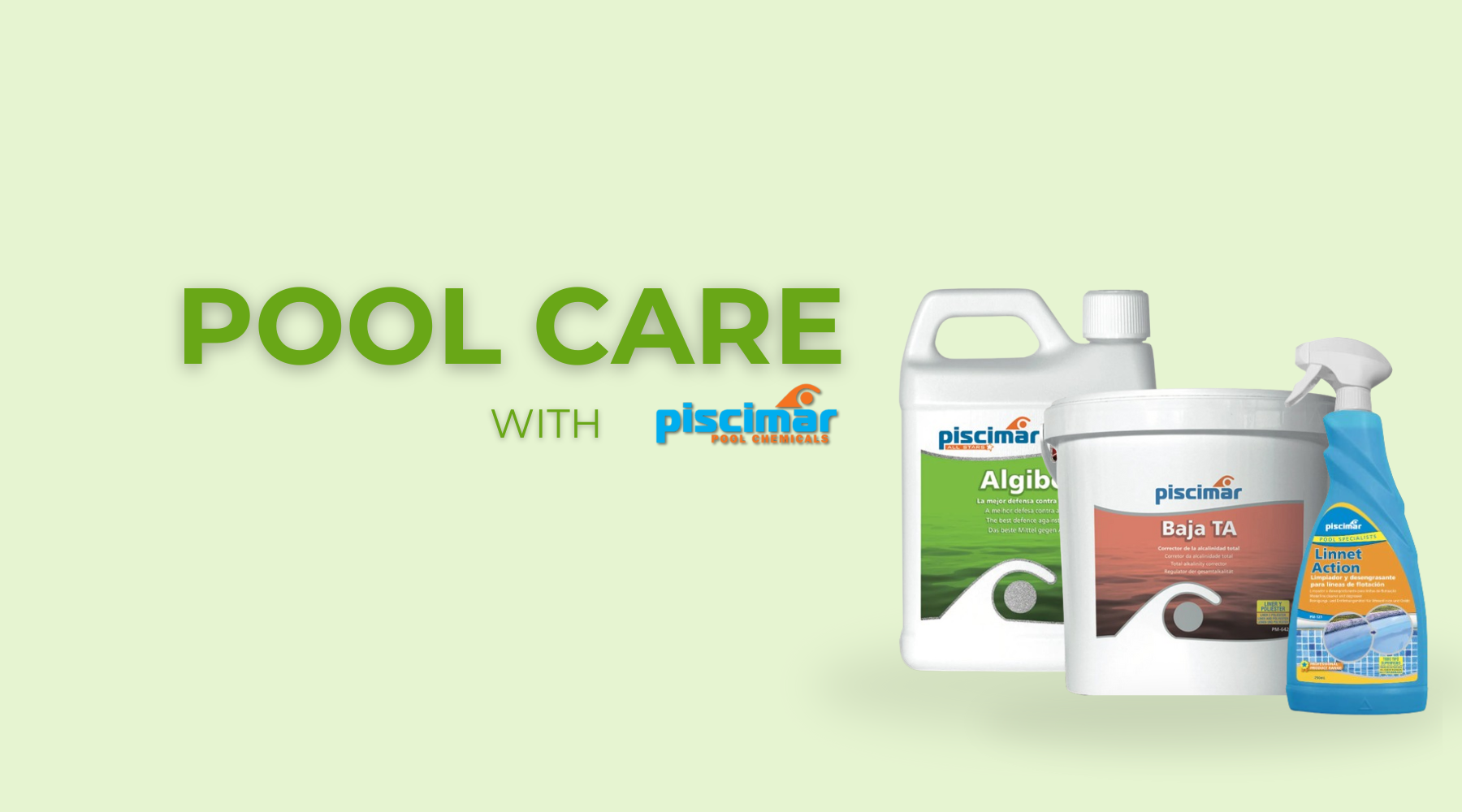
Saltwater Swimming Pool - Quantity of Salt and Advantages | IoT-Pool.com
In the swimming pool market there are various water maintenance systems. Currently, the biggest trend is pools with salt treatment. Besides being more economical it is much healthier for your health of all.
Discover in this blog how to calculate the amount of salt that your pool needs and the 5 main advantages of having a salt water pool, as well as some processes and appliances necessary for the proper functioning of the pool.
CALCULATING THE QUANTITY OF SALT FOR THE POOL
Salt pool treatment, also known as treatment using a salt electrolysis system is already used in several swimming pools for both public and private use.
It works very simply, initially it is only necessary to put the indicated quantity of salt according to the volume, directly into the pool water.
The salt apparatus is integrated into the pool water circulation system in the engine room and the water is automatically treated by the electrolysis. Currently there are electrolysis systems with integrated connectivity with your smartphone that send notifications, such as the example of ZODIAC's eXO electrolysis and you can control your pool remotely at any time.
To carry out the salt treatment it is necessary to have a proper equipment installed for this purpose and then add salt to the water to remove impurities. We recommend using 5 kg of salt for each cubic metre of water (5kg/m3).
The calculation you will have to do is multiply the litres of water in your pool by 5 and then divide by 1000, or multiply the volume of your pool in m3 by 5, so you will know the right amount of salt for your pool.
The bags of salt are supplied in bags of 25 kg. So if the result of the above mentioned calculation is 300kg, for example, you will have to divide this value by 25kg, which will give the total of 12 bags. In case you give a number with decimals, we advise you to round it up to the next number.
Practical example:
A swimming pool of 10x5m and average depth of 1.50m, makes a total volume of 75 m3.
Multiply the pool volume 75 m3 by 5 kg, which will make a total of 375 kg.
Since each bag of salt weighs 25kg, divide the value 375 kg by 25 kg which results in a total of 15 bags required.
You can find Packs of 15 bags of refined salt with delivery included in the following link.
The 5 advantages of having a saltwater pool
Wellness
We all seek good experiences these days and swimming in a salt water pool is a far more enjoyable experience than swimming in a chlorine pool.
Salt becomes gentler on the skin than chlorine, plus it doesn't cause the familiar symptoms of red eyes, irritated and/or itchy skin and discoloured and/or damaged hair.
Health
Chlorine pools are known to create organochlorines which are compounds similar to human hormones. These compounds have been ralated with some health problems such as infertility, some types of tumours, among others.
With a saltwater pool, there is no formation of organochlorines, so they will be less harmful to your health. Sustainability
One of the biggest advantages is the reduction in the use of toxic chemicals. This reduction apart from excluding the smell of chlorine, makes the saltwater pool an environmentally friendly alternative, which makes this option more sustainable.
This does not mean that the saltwater pool is chlorine free, just that its values are greatly reduced. This process is done by the salt electrolysis device.
Maintenance
Maintenance is an important point as it requires time and dedication to your pool.
In this case, saltwater pool requires less maintenance than a chlorine pool as they have a self-cleaning operation.
With the electrolysis, through the cell, the salt turns into chlorine gas (a powerful disinfectant that dissolves instantly in the water. The chlorine gas destroys all micro-organisms in the cell and provides the pool with the correct level of free chlorine. The active chlorine (HOCl) eliminated under the effect of the sun's UV rays is constantly renewed by the cell without the need for any intervention.
Cost
Initially the investment can be higher compared to a traditional pool, but in the medium to long term this investment will bring a return due to the low maintenance costs.
On average, the maintenance cost of a saltwater pool is 50% less than a traditional chlorine pool.
Comparing salt with chlorine, salt is cheaper, in our case, we advise the Special salt refined and centrifuged originating from the Dead Sea of Israel.
This type of salt contains a large volume of minerals rich in magnesium, bromine, zinc, sulphur and sodium. When absorbed by the body, these minerals contribute to a number of improvements to people's health and beauty.
You may also be interested in
- Choosing a selection results in a full page refresh.






































































